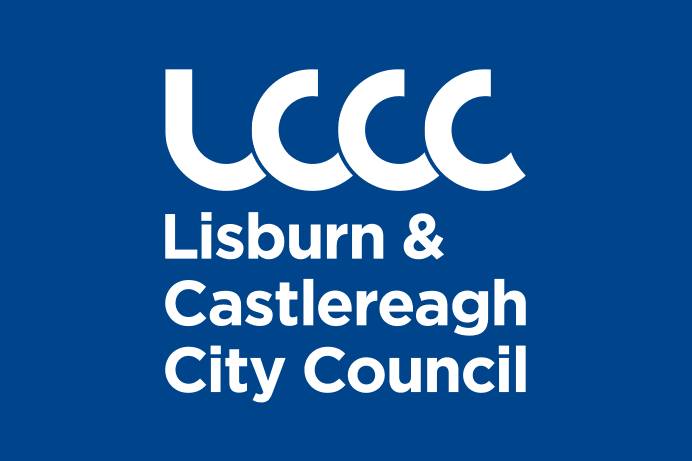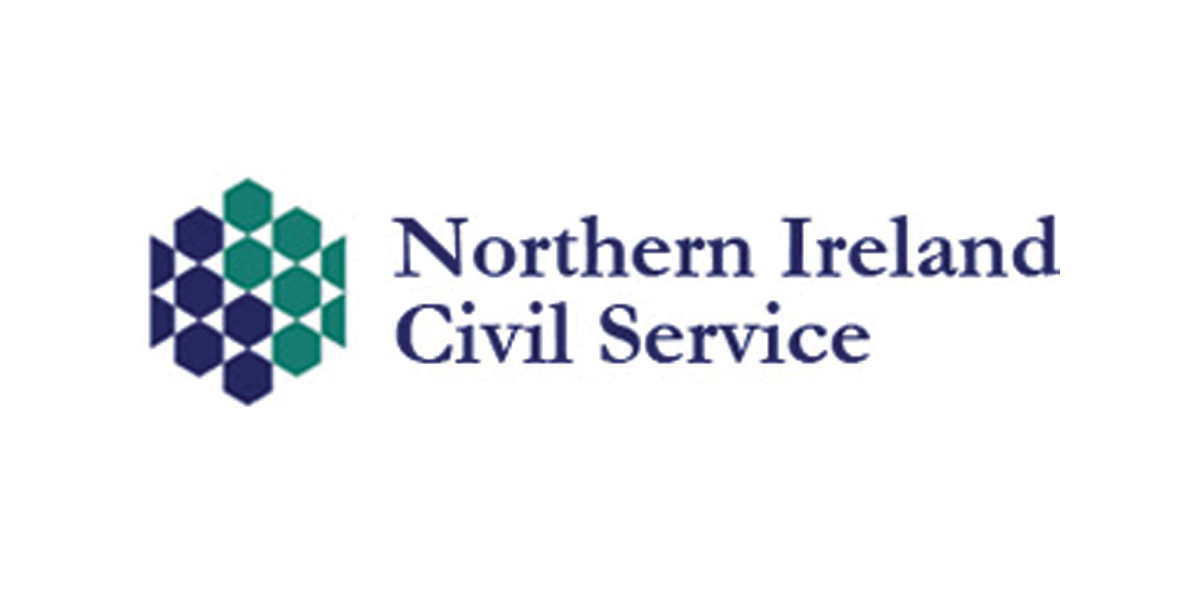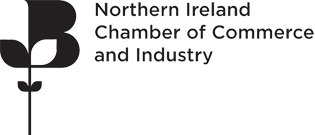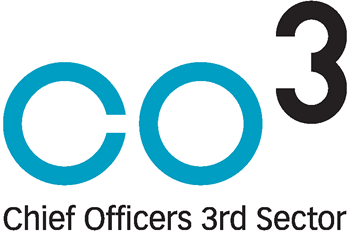The Art of Public Speaking: Neil Gibson, Permanent Secretary, Department of Finance
“You already have the knowledge and tools to excel in your profession. By mastering public speaking and presenting, you open a whole world of personal and professional opportunities.”
Northern Ireland has a wide range of individuals who have mastered the art of public speaking. From politicians to sports stars, CEOs and entrepreneurs, these Northern Ireland public speakers thrive on national and international stages by working hard to master their craft.
Today, we’re speaking with the first of six of Northern Ireland’s most recognisable and influential public speakers. Each speaker has a wealth of experience in public speaking, and each has their own unique way to prepare. To kick things off, we’re speaking to Northern Ireland public speaker Neil Gibson, Permanent Secretary, Department of Finance in Northern Ireland.
Watching Neil speak on stages large and small over many years, we always admire his ability to make economics accessible, relevant and interesting. Whether his audience is government stakeholders, responsible for public policy, chief executives and business leaders keen to shape strategy for growing their companies or a media interview to inform members of the public, Neil has the unique ability to make every word count.

“Focus on content.”
Neil says a focus on content and how it will benefit your audience is a critical component of being a great Northern Ireland public speaker.
“You are giving something helpful to them,” Neil explains.
“I find this a useful technique to feel like I am sharing and providing a service and not ‘giving a talk’.
“I don’t consciously think about the presenting itself as it is about the audience, not me,” he maintains.
As a Northern Ireland public speaker, Neil says he doesn’t script his presentations and relies on nerves and adrenalin to perform well.
“However, I prepare meticulously by talking it through in my head – or telling the dog – and I constantly ask myself ‘does this help’ and ‘is that clear enough?’”
“It’s good to be nervous.”
Neil says there’s no right or wrong way to prepare. Instead, it’s a case of finding what works for you.
“But you have to put the effort in,” he caveats.
“Don’t expect to lose all nerves or sense of trepidation.
“It’s good to be nervous. It means you care about the presentation.
“Channel those nerves to help you do a better job.”
“A positive mindset is key.”
A positive mindset helps, too, he continues.
Use positive phrases like, “I want to do a good job for them” instead of “what if I get it wrong?”
“Empathise at all times as to what the audience thinks or knows.
“And always remember, they don’t have the same knowledge or detail as you do.”
Vastly experienced Northern Ireland public speaker Neil recommends keeping things short and straightforward.
“If there are points to be made, pick the most important ones and always go straight to the punch line,” he advises.
“It is not like Line of Duty where the twists and turns take you to a final exciting conclusion.
“In almost all cases, people are time-limited and want to know what you think and have to say. They don’t like waiting for it.”
He says he usually starts with the main points and then fills in some details before going through the points again to reinforce his message.
“You can lose an audience if they don’t know why you are giving them information or if they’re not sure it’s useful.”
“Treat all audiences with respect.”
Whether it’s a school prize day or a global CEO board, Neil says he gives each event and talk the respect it deserves.
And he says he puts the same energy and effort into every single speech.
“Even if it is a talk you have given before, it will be the first time hearing it for many.”
Neil says throughout his career, he has benefitted from embracing and learning from criticism.
“Ask people who you trust to give you honest feedback,” he urges.
“At times, I’ve been told I talk too fast, have too much detail, or I go on too long.
“It’s important to know your weaknesses and work on them.
“As you get more senior, people are less brave to tell you when you’re not at your best or when things don’t land well,” he adds.
“Be you.”
“It sounds very trite, but authenticity is crucial,” Neil contends.
“People can appear over-coached or over-thought, and people can lose belief in what you’re saying.
“This is not to say don’t train, rehearse and practice, but it has to look and feel natural,” Neil elaborates.
“Find your own style and rhythm and hone that rather than copying a style.
“Audiences will easily forgive a mishap or a mistake if they feel empathy towards you.”
“Don’t bluff or avoid tough issues.”
After speaking to audiences throughout the country, Neil says a key takeaway was the importance of not bluffing or avoiding challenging issues.
“If you don’t know, say so and offer to revert with an answer,” he reasons.
“And if there’s something your audience is going to want to know or expects you to have an answer for, take it head-on and don’t skirt past the issue.
“If there is an issue that cannot be discussed – for example, for legal reasons – say clearly why that is the case and be sincere in why you cannot answer.
“Apologise when needed, praise and promote others when you can but take responsibility when needed,” Neil adds.
“Share praise and hoard criticism.”
“Though not universally true, try to share praise and hoard criticism as people expect you to be leading if you are on stage,” he explains.
“And choose your moments.
“Think about each presentation and determine if you’re the best person to present and when you should suggest others.
“I have a tendency to skew more light-hearted in my delivery, and that’s not always what’s needed,” Neil acknowledges.
“On occasion, I will defer to someone better than me for a specific presentation, especially when I think they know more or are a better fit for the audience or the occasion.
“That’s not always possible, and there are times when it has to be you, and you need to change your pace and style slightly.
“But always think what is best for the audience, your organisation and, lastly, yourself.
“That usually helps you arrive at the right answer about who should present and the style needed.”
“Help others.”
Neil says that it gets easier to present the more you do it.
“Learn to embrace it and give it total effort every time.
“But it’s easier if you are learning to do it from a young age,” Neil says.
“It’s good to get people ready to present earlier in their career, something we often don’t do enough.
“Let the more junior staff do board presentations, press others forward – when appropriate – to present at internal or smaller-scale events.
“You will unearth talent and all sorts of different styles and voices that help make your organisation more diverse and unique.
“There are, of course, times when it is clearly your responsibility to present, but know you have many people coming through who will be ready when the time comes,” he adds.
Conclusion: Mastering the art of public speaking
Mastering the art of public speaking means committing yourself to constantly improving and honing your delivery.
And Neil says it’s essential to look around you for inspiration.
“You can also learn from other styles.
“I find the younger staff a real inspiration at times.
“They have a passion and a way of phrasing things and presenting that is refreshing.
“Whilst I can’t adopt such a youthful style with any authenticity, I can still take pointers and be inspired by others,” he adds.
Bespoke Communications offers public speaking courses in Northern Ireland, and virtually on Teams, Zoom or the platform of your choice.
If you enjoyed this blog post, check out our other blog posts here.
If you’d like to explore your own training and development needs, or the needs of your team, book a virtual coffee with us here.
If you've enjoyed reading about Media Training then you might be interested in attending a course.











































